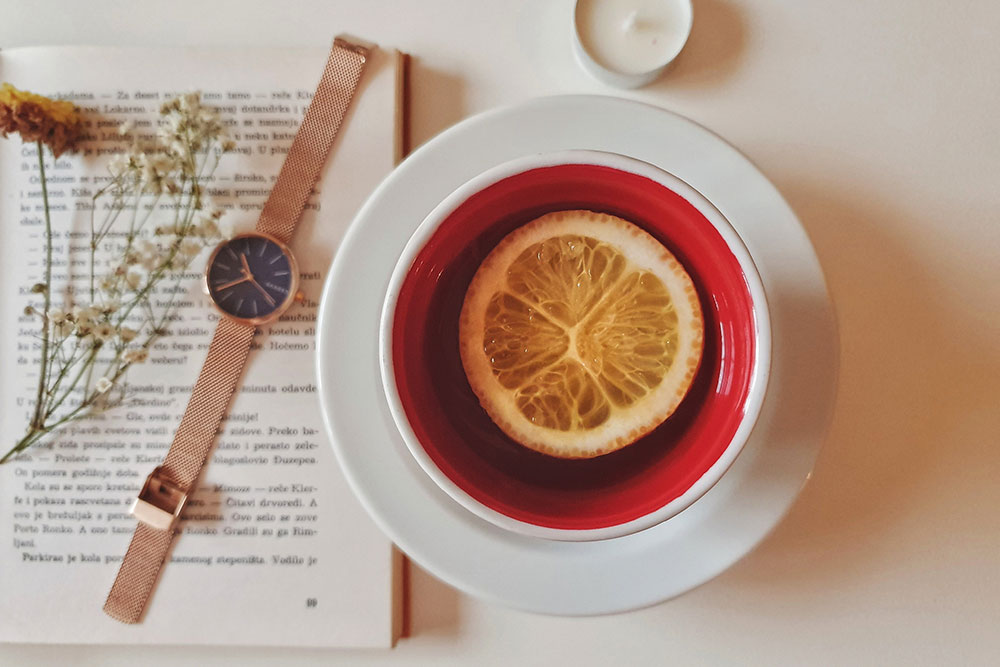With likely over a month in isolation at home, you have been juggling all or the majority of the following: working from home, managing your personal life, spending time with household members, taking care of children 24/7, doing home schooling, doing 100% of your food prep at home and adjusting to the unnatural physical isolation.
In challenging times like this, it’s common to struggle to have a nourishing self-care routine and prioritize our health and wellness.
Not only are we balancing all of the above, but we do so with a cloud of uncertainty and worry regarding our own health, our loved ones’ health, people in our lives and around the world who are essential workers, healthcare workers on the front lines, as well as the future of our jobs, finances and the future and structure of our lives, relationships and communities.
You may ask: how on Earth am I supposed to have time and energy for any self- care habits in these circumstances?
At times like this, it’s our unhealthy habits that can come back stronger than ever. They often provide short-term comfort, so it makes sense that they would be the default go-to mechanism to soothe the pain of the adjustment. Yet, this is the time that we need to be thinking about protecting our health more than ever. This is also an OPPORTUNITY to examine what is going on in our internal lives without judgment, but with great compassion and curiosity, and to CHOOSE how are are going to RESPOND.
How can you create a productive, healthy routine during this transitional time and resist unhealthy habits, while at home 24/7 (whether the temptation is to eat junk food, eat excessively, stay sedentary, watch the news endlessly, tell negative stories to yourself, or __(fill in the blank))?
When it comes to being home all the time, it can get monotonous, claustrophobic, overwhelming, or all of the above, which may lead us to doing things that DON’T SERVE US.
To help decrease unwanted habits, it is important to create a schedule, routine, or structure into your day to help with making your “new normal” closer to what you want your day to look like.

TIPS FOR STAYING IN SHAPE, STAYING SANE AND PROTECTING YOUR HEALTH:
- Get up at your normal time (do not sleep in on work days or weekends) and go to bed at a reasonable hour so that you are still getting >7 hours of sleep (ideally 8-9 hours) that we all need.
- Eat balanced, plant-rich meals rich in phytonutrients and antioxidants. Practice time-restricted feeding. Studies have shown its benefits in humans, mice and cell lines when it comes to metabolism, cell renewal and longevity. If this is too challenging, make sure you have balanced, frequent, non-processed, plant-based meals. For recipe inspiration, see our dietitian Courtney’s teriyaki salmon with broccoli and rice recipe.
- Schedule daily movement! Many boutique fitness studios are offering on demand classes or free IGTV workouts. House cleaning is a great way to get physical activity in!
- Take a break from the TV and all screens. This is a must. Limit your time watching the news to 1-2x/day. Schedule off screen/off work time and spend time with your family or loved ones, if you live with your family (or virtually if you don’t), read a book, take a shower or bath, or catch up on chores throughout your house/apartment. I cleaned out my son’s room with him the other day and we found toys and clothes that he no longer uses that we are donating to those in need.
- Take 20 minutes to meditate daily. You can find some of my favorite resources (many are free) at https://drbojana.com/resources/ as well as by signing up to our health letter.
Remember the power of micro-habits. Make changes one step at a time, track your progress, set measurable goals and have an accountability partner or coach.
Our team is here for you to support you, help you create a self-care routine and build a personalized nutrition plan to support your long term health.

